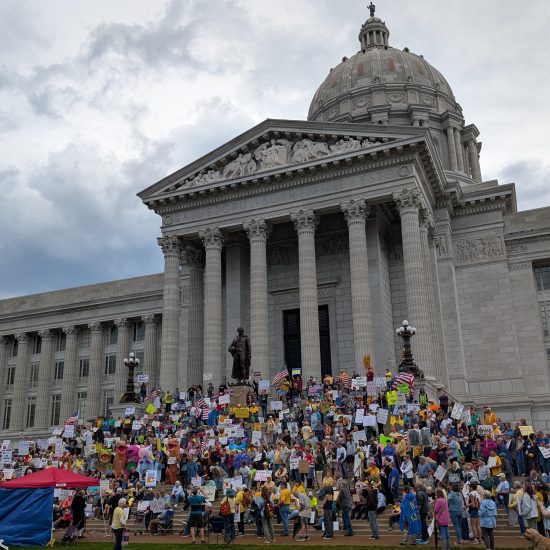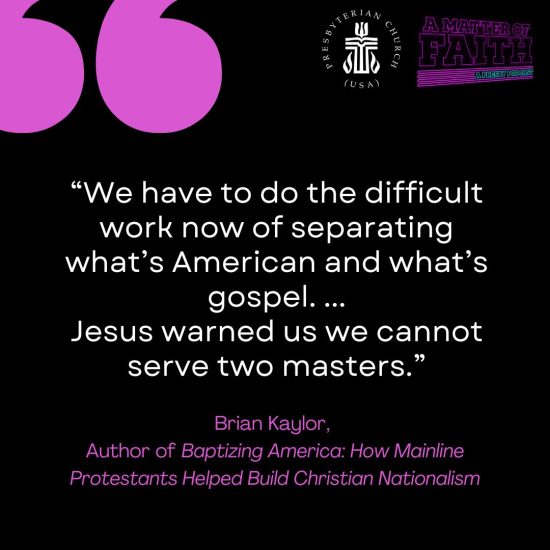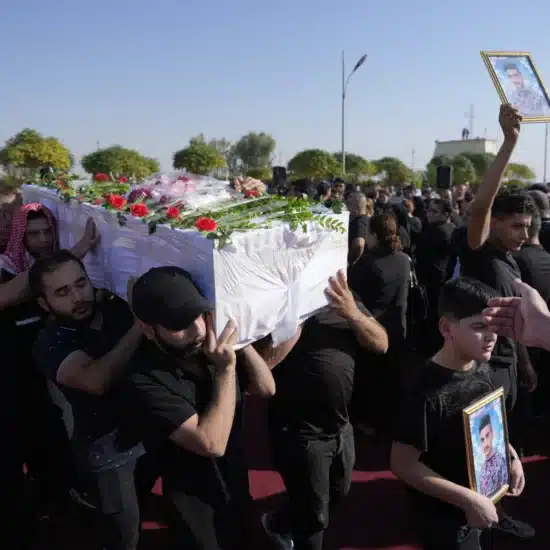(ABP) — Twenty years ago, a good friend and neighbor languished in a hospital bed, dying of leukemia at age 36. He grew up in the Deep South, the product of a Christian home and a Baptist church. He accepted Jesus as his Savior as a child. And as an adult, he and his wife lived out their faith, teaching their own children about Jesus, actively participating in their church, showering kindness on friends and strangers alike. About the same time my friend died, I made another friend who soon began to manifest the horrific symptoms of metastasized cancer. In many respects, he mirrored my first friend — “raised right” and the product of strong Baptist upbringing, a lifelong Christian, faithful husband, devoted father, steadfast friend, and a kind, generous and decent human being who also died at 36.
My friends differed, though, in how they faced death. Both taught vital lessons.
The first never reconciled himself to the reality cancer would take his life. He waged a bitter war of attrition against a damnable disease that killed his spirit long before it eventually ended his life on Earth. He refused to acknowledge he might die, so he never allowed “ultimate” conversations with his grieving wife, his confused children or his sorrowful friends. He never expressed how much he loved them, never heard how much they loved and would miss him. He also never granted himself the blessing of anticipating a journey to a better place, where pain and sorrow cease and disease does not ravage. He accepted few words of spiritual comfort and no images of a waiting, loving God. So, anger consumed his days, and violence reverberated through his final moments.
The second hated death and worked tenaciously with his medical team to defeat his disease. He did everything he could to keep on living. But he also recognized life extends beyond mere earthly existence and eventually acknowledged he could not overcome the tumors throughout his body. He devoted himself to blessing, teaching and encouraging his family and friends. He spent long hours of forced inactivity contemplating the meanings and possibilities of a short life. He considered the relative merits of a lingering death versus a quick passage. He told people how much he loved them and specifically described the ways their lives had enriched his own. When visitors arrived to bring good cheer, he inevitably lifted their spirits. He confidently testified to his faith that God’s love is deeper than death, more persistent than disease, more exponential than cancer cells. And as his days diminished, he remained serene as he focused on expressing his love and his hope to his wife, his children and his friends. He passed sweetly, gently from this life to the next.
As the New Voice Media partners contemplated our feature package on fear, I remembered my young friends and how they faced death. I always will admire my second friend’s faithful courage. But I cannot judge my first friend’s fear, because I cannot say for certain how I will face my own mortality.
Still, a theme persists: How Christians handle fear is a seismograph of our souls. Of course, unless we are extremely old, most of us do not wish for death. And we never welcome calamity or desire cataclysm. But we do not allow fear of tragedy or affliction to dominate our lives. We do not quake at the thought of misfortune and do not fall apart in the face of tribulation.
With the Apostle Paul, we acknowledge our “light and momentary troubles” pale in comparison to the “eternal glory” of God. When we belong to Christ, financial setbacks, poor health, wars, betrayal, corruption and even death are disconcerting and disappointing, but they are not ultimate. They cannot destroy our faith or diminish our hope. We know God’s love endures beyond all that frightens us. We know God is perfect love, and perfect love casts out fear.
We stand on faith. We refuse to fear.
Marv Knox is editor of the Texas Baptist Standard.






